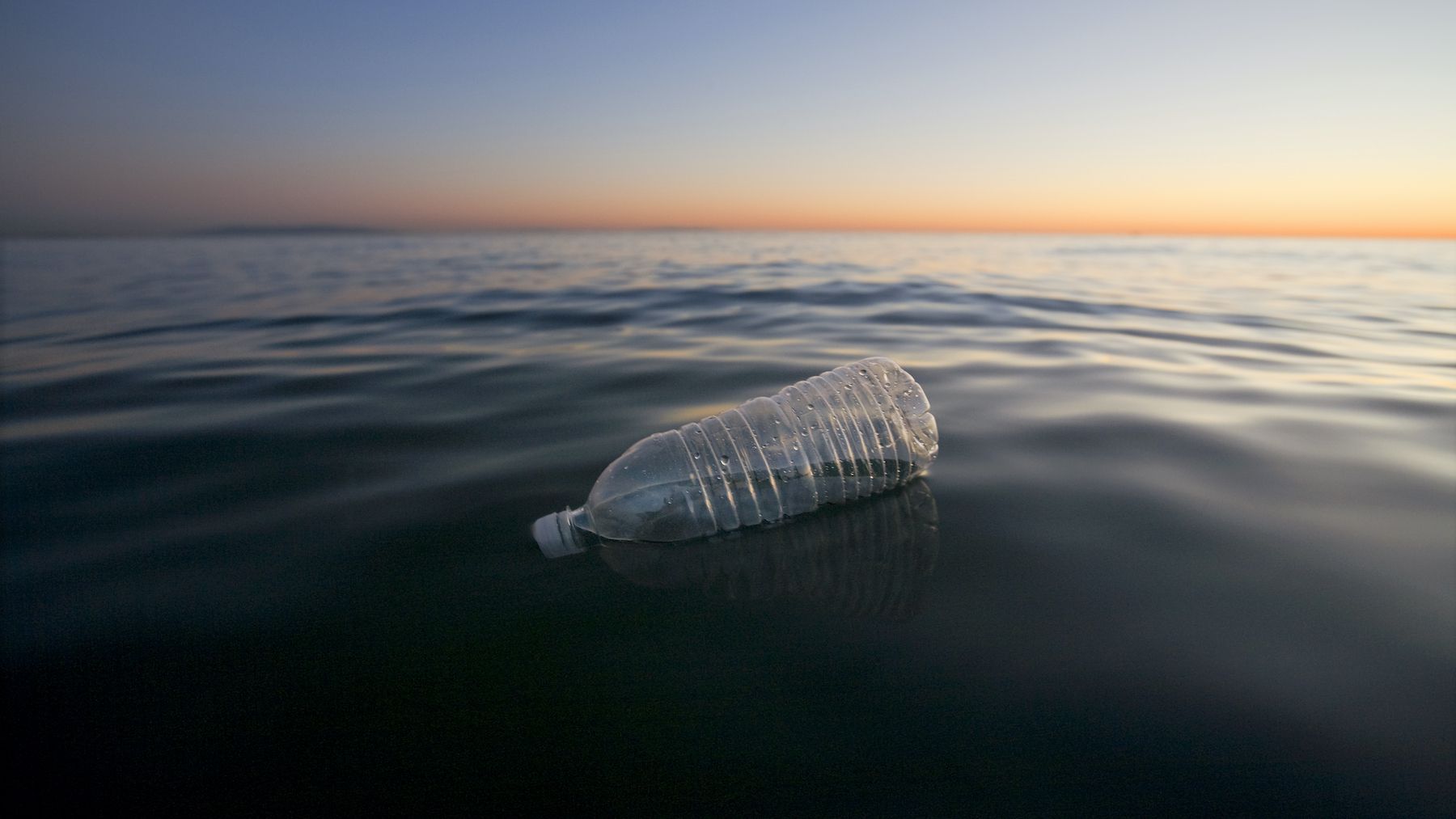
The European Commission proposed on Wednesday new rules to reduce packaging waste through increased recycled content in plastic drinks bottles and targets for reuse of takeaway cups and materials used for online deliveries.
Under the proposal, all 27 EU members will be required to reduce packaging waste per capita by 5 percent by 2030 and 15 percent by 2040 compared with 2018 levels. Packaging now accounts for 36 percent of municipal solid waste.
The Commission said packaging waste, notably plastic, would continue to rise if no action was taken, increasing emissions of greenhouse gases and so jeopardising the EU’s target of net zero emissions by 2050.
The proposal, which could still be changed, retains recycling targets of 65 percent by 2025 and 70 percent by 2030 from the directive’s last update in 2018, with specific targets per packaging material.
All packaging will need by 2030 to be designed so that it can be recycled and manufacturers should ensure it is in reality recycled “at scale” by 2035.
The proposal, which will need approval by the European Parliament and EU governments to become law, lays down specific rules for plastics, for which an EU official said recycling was not at the same level as paper, metals and glass.
The planned legislation proposes minimum targets for recycled content in plastic packaging, such as 30 percent for drinks bottles by 2030 and 65 percent by 2040.
Certain plastic packaging, such as tea bags, coffee pods, very light plastic bags and sticky labels for fruit and vegetables, will need to be compostable.
The Commission is also proposing the phase-out of single-use plastic items such as the bags and nets used for food in shops and cafes and the mini shampoo bottles found in hotels.
EU members will also be required to have deposit return systems in place for plastic bottles and cans.
The proposal also lays out minimum targets for reuse of packaging, such as 20 percent of take-away cups by 2030 and 80 percent by 2040 and respectively 10 percent and 50 percent for packaging used to deliver online purchases.
By Philip Blenkinsop; Editor: Alexandra Hudson
Learn more:
The Start-Ups That Want to Solve Fashion’s Packaging Problem
As the pandemic-driven surge in fashion e-commerce sends more and more cardboard boxes and plastic bags to landfills, a growing number of companies have radical ideas about how to reduce packaging waste.



